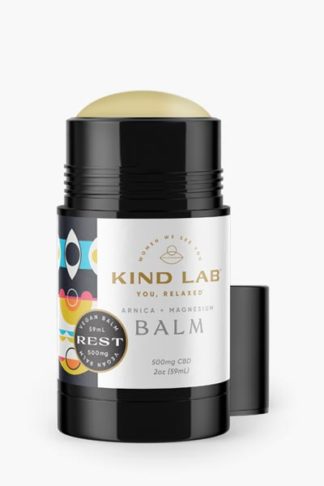
As we enter menopause, our bodies undergo significant hormonal changes that can impact both our physical and emotional well-being. One hormone that plays a crucial role during this time is cortisol, the body’s primary stress hormone.
Cortisol levels tend to increase during menopause due to the decline in estrogen production. This increase in cortisol can lead to a variety of symptoms such as anxiety, depression, sleep disturbances, and hot flashes. Chronically elevated cortisol levels can also have negative effects on the immune system, bone density, and cardiovascular health.
How can I better manage my stress cortisol levels?
Fortunately, there are several steps you can take to manage cortisol levels and improve your overall well-being during menopause. Simple self-care practices like regular exercise, a balanced diet, and getting enough sleep can help reduce stress and cortisol levels. Other helpful techniques include mindfulness practices like meditation or yoga, talking to a therapist, and engaging in enjoyable activities like hobbies or spending time with loved ones.
You can also try natural supplements. We love ones packed with adaptogens and nootropics – like CBD-rich hemp extract, magnesium, saffron, and rhodiola – to bring balance back to the body and taking that exaggerated stress response down to its normal ebbs and flows.
It’s important to remember that managing stress and cortisol levels during menopause is a vital component of supporting your overall health and well-being. With a little effort, you can enjoy a smoother transition through menopause and a more balanced hormonal system.
SHOP OUR MOST POPULAR STRESS-STOPPING SOLUTIONS



